Legend Personalities of Pakistan: Inspiring Figures Who Shaped a Nation
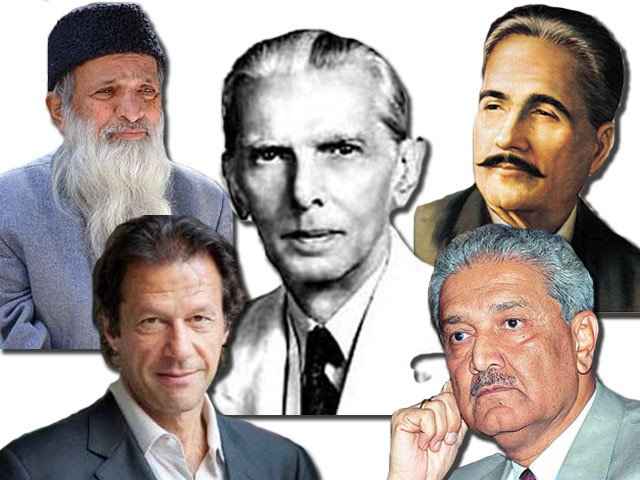

Every country is shaped by its legends — people whose courage, vision, and sacrifices leave an everlasting mark. Pakistan is no exception. Its history is filled with leaders, poets, scientists, sportsmen, and humanitarians who inspired generations.
In this guide, you’ll discover the legend personalities of Pakistan — their stories, their contributions, and their enduring legacies. From founding fathers to modern heroes, we’ll explore how these figures continue to influence the nation today.
So, if you’ve ever wondered who truly shaped Pakistan’s identity, you’re in the right place. Let’s dive in.
Table of Contents
Introduction to Legend Personalities of Pakistan
Why These Figures Matter Today
The stories of these figures aren’t just history lessons. They’re roadmaps for resilience, leadership, and service. Whether it’s Jinnah’s determination, Iqbal’s vision, or Edhi’s compassion, their examples remind Pakistanis of what’s possible when values meet action.
Criteria for Being a Legend in Pakistan’s History
Nation-Building Contribution Played a critical role in Pakistan’s independence, governance, or identity. Global Recognition Brought pride to Pakistan through international achievements in sports, science, or culture. Service to Humanity Improved lives through philanthropy, social reform, or advocacy. Enduring Legacy Continues to inspire people decades after their lifetime.
Political Legends of Pakistan
Quaid-e-Azam Muhammad Ali Jinnah
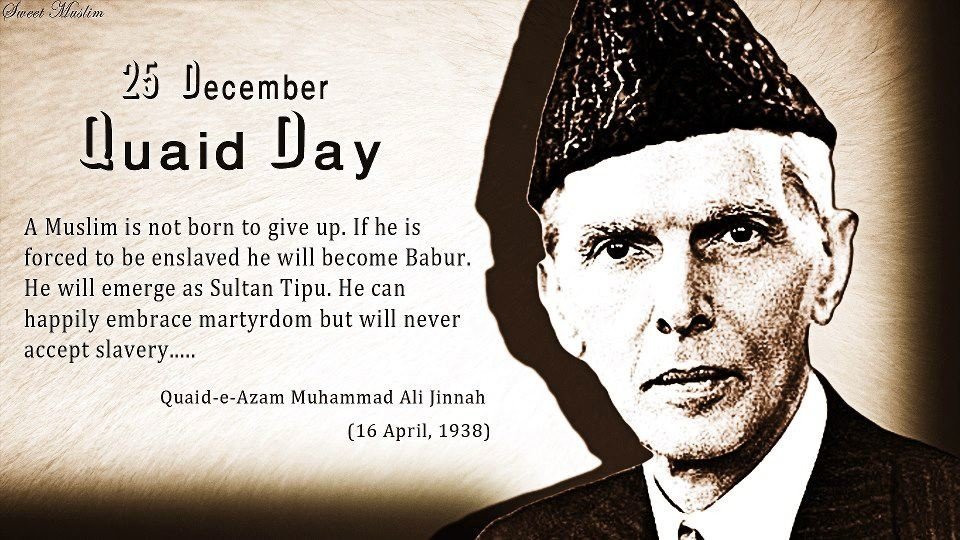

Muhammad Ali Jinnah, known as Quaid-e-Azam (the Great Leader), is revered as the founder of Pakistan. His leadership during the Pakistan Movement united millions under the vision of a free homeland for Muslims of South Asia. Jinnah’s insistence on constitutionalism, democracy, and minority rights continues to guide Pakistan’s national discourse.
- Born: December 25, 1876, in Karachi
- Key Role: Founder of Pakistan, 1947
- Legacy: Stands as the Father of the Nation
Allama Muhammad Iqbal
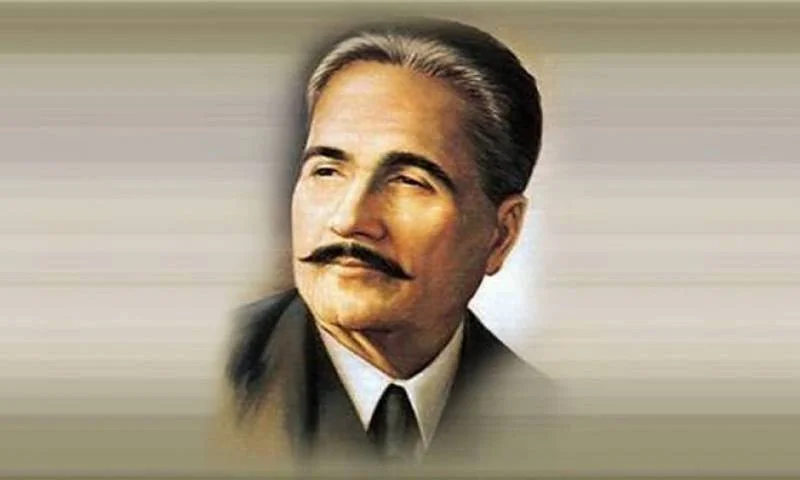

Known as the “Poet of the East,” Allama Iqbal’s ideas laid the intellectual foundation of Pakistan. His poetry ignited the dream of a separate homeland, while his philosophy emphasized self-realization, unity, and spiritual revival. Iqbal is celebrated not only as a poet but also as a visionary who inspired the youth of the subcontinent.
- Born: November 9, 1877, in Sialkot
- Key Role: Philosophical architect of Pakistan
- Legacy: Remembered for poetry and thought leadership
Liaquat Ali Khan
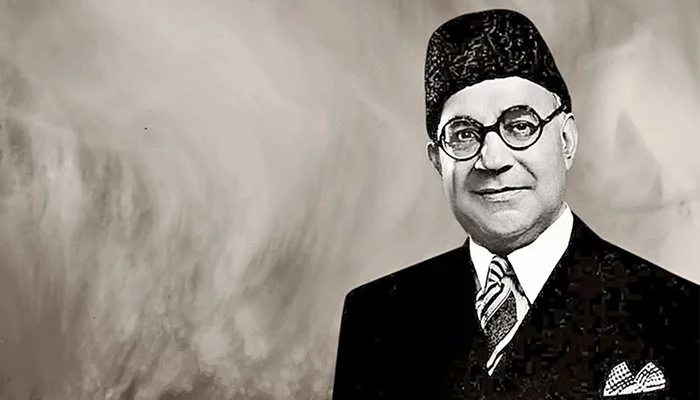

Pakistan’s first Prime Minister, Liaquat Ali Khan, helped translate the founding vision into early statecraft. He steered crucial decisions on the economy, security, and foreign policy in the formative years while advocating democratic norms and fiscal prudence.
- Born: October 1, 1895, in Karnal
- Key Role: First Prime Minister of Pakistan (1947–1951)
- Learn more: Biography
Zulfiqar Ali Bhutto
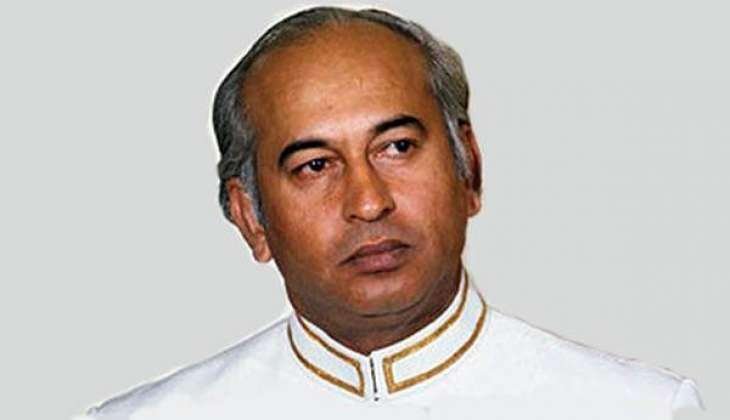

A charismatic statesman, Zulfiqar Ali Bhutto reshaped politics with populist reforms and launched industrial and diplomatic initiatives after 1971. He is also associated with laying the groundwork for strategic scientific programs and a more independent foreign policy.
- Born: January 5, 1928, in Larkana
- Key Role: President (1971–1973), Prime Minister (1973–1977)
- Learn more: Biography
Social and Humanitarian Legend Personalities of Pakistan
Abdul Sattar Edhi
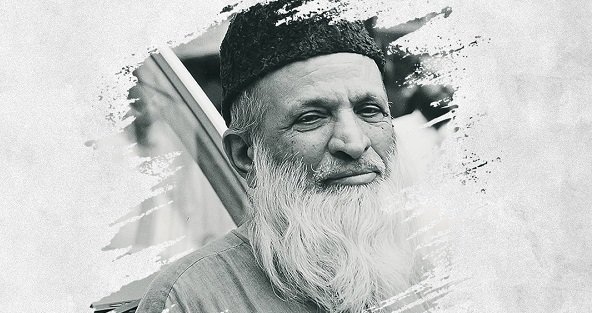

Founder of the Edhi Foundation, Abdul Sattar Edhi built one of the world’s largest volunteer ambulance networks and a nationwide social welfare system serving the poor, orphans, and the marginalized. His life’s work embodied compassion without borders or bias.
- Born: February 28, 1928, in Bantva
- Foundation: Edhi Foundation
- Why he’s among the legend personalities of Pakistan: unmatched scale of humanitarian service
Dr. Israr Ahmed
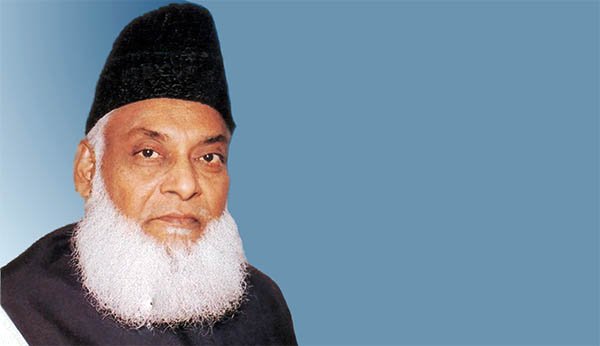

A prominent Islamic scholar and social reform advocate, Dr. Israr Ahmed focused on community uplift, education, and moral reform through lectures and organizations that mobilized civic responsibility.
- Born: April 26, 1932, in Hisar
- Focus: Education, social reform, public lectures
- Learn more: Biography
Sports and Scientific Legend Personalities of Pakistan
Imran Khan


World Cup–winning cricket captain turned statesman, Imran Khan elevated Pakistan’s sporting reputation through leadership, fitness culture, and team discipline—then later channeled his influence into philanthropy and public office.
- Career Highlight: ICC Cricket World Cup 1992
- Institution: Shaukat Khanum Memorial Cancer Hospital
- Learn more: Biography
Dr. Abdul Qadeer Khan
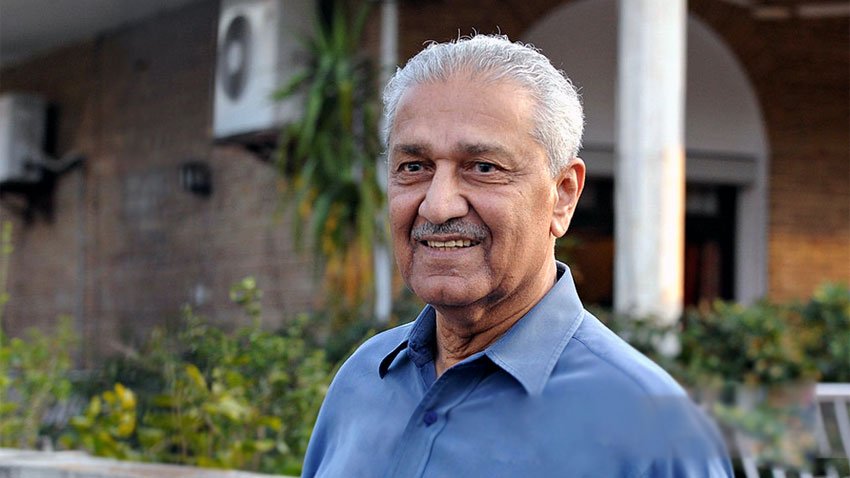

Often called the architect of Pakistan’s nuclear deterrent, Dr. A.Q. Khan’s work dramatically altered the country’s strategic calculus. His contributions to materials engineering and nuclear enrichment remain central to national security debates.
- Field: Metallurgy, uranium enrichment
- Institutional context: Pakistan Atomic Energy Commission
- Learn more: Biography
Wasim Akram
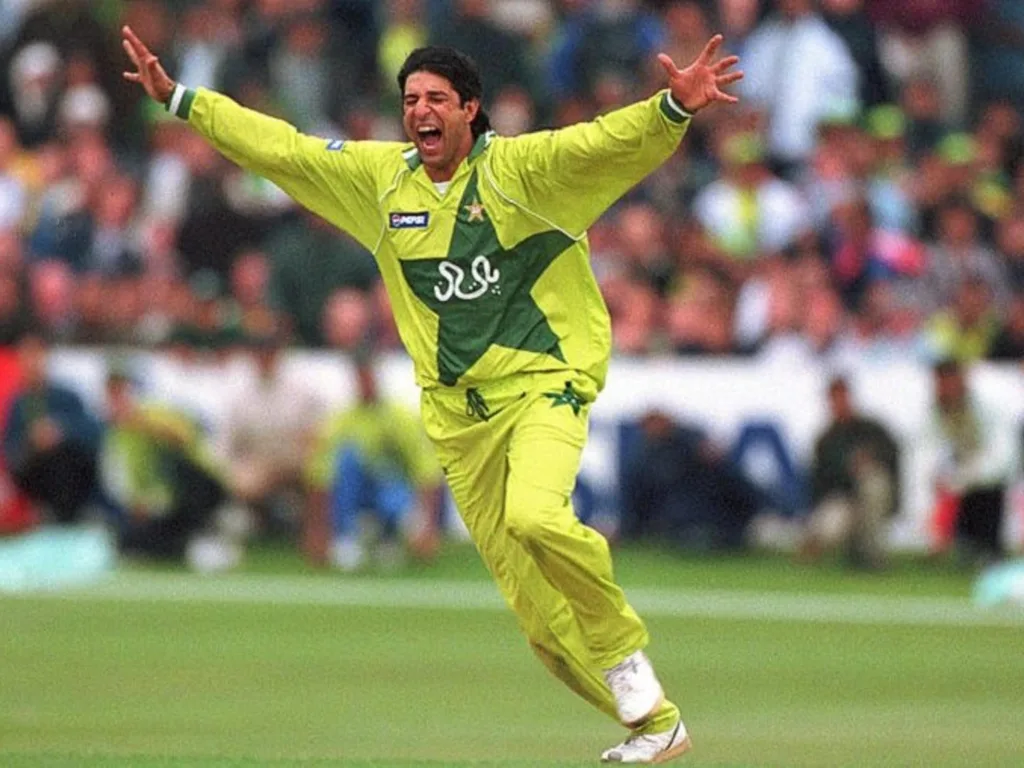

Regarded as one of the greatest left-arm fast bowlers, Wasim Akram revolutionized reverse swing and match tactics, inspiring generations of cricketers and contributing to Pakistan’s global cricketing stature.
- Career: 900+ international wickets across formats
- Governing body: Pakistan Cricket Board
- Learn more: Biography
How these legend personalities of Pakistan shaped public life
From Jinnah’s constitutionalism to Edhi’s humanitarianism and Akram’s sporting excellence, these figures widened what Pakistanis believed was possible—across statecraft, society, science, and sport.
Legacy and Impact of Pakistan’s Legends
Shaping Political and National Identity
The political legend personalities of Pakistan like Jinnah, Iqbal, and Bhutto established not just a country but a sense of belonging. Their policies, philosophies, and rhetoric created a shared national identity rooted in self-determination and unity.
Strengthening Social Welfare and Philanthropy
Edhi and Dr. Israr Ahmed demonstrated that civic duty goes beyond government. They established networks of social responsibility and relief that continue to inspire NGOs and volunteerism across Pakistan.
Global Recognition through Sports
Imran Khan’s World Cup triumph and Wasim Akram’s mastery of swing bowling gave Pakistan international prestige. These legends provided cultural soft power and lifted morale during difficult decades.
Scientific Contributions to National Security
Dr. Abdul Qadeer Khan’s nuclear program provided Pakistan with strategic deterrence, altering regional security dynamics. His work showed how science and technology can decisively influence geopolitics.
Visiting the Memorials and Heritage Sites
Key Locations and Access Tips
- Mazar-e-Quaid, Karachi: Final resting place of Jinnah; open daily to visitors.
- Allama Iqbal’s Mausoleum, Lahore: Located near Badshahi Mosque, frequently visited by students and tourists.
- Edhi Foundation Centers: Spread across Pakistan, often open for volunteers and donations.
- Shaukat Khanum Hospital, Lahore: Imran Khan’s philanthropic institution accessible for tours and charity.
Preservation and Restoration Efforts
Government and civic groups are working to restore key heritage sites associated with Pakistan’s legends. Conservation projects at Iqbal’s mausoleum and Bhutto’s memorial in Garhi Khuda Bakhsh highlight an ongoing commitment to preserving their legacies for future generations.
Myth vs Fact about Pakistan’s Legends
While these figures inspire admiration, myths often obscure their true contributions:
- Myth: Iqbal demanded the creation of Pakistan in 1930.
Fact: He envisioned Muslim autonomy but never used the term “Pakistan.” - Myth: Jinnah opposed all minorities.
Fact: His 1947 speech clearly assured freedom of religion and equal rights. - Myth: Edhi received no recognition abroad.
Fact: He was honored internationally, including the Gandhi Peace Award and Nishan-e-Imtiaz.
Frequently Asked Questions (FAQ)
Who are the famous personalities of Pakistan?
The most recognized include Quaid-e-Azam Muhammad Ali Jinnah, Allama Iqbal, Abdul Sattar Edhi, Imran Khan, Dr. A.Q. Khan, and Wasim Akram. These legend personalities of Pakistan shaped politics, social welfare, sports, and science.
What is the contribution of Allama Iqbal in Pakistan’s independence?
Allama Iqbal’s poetry and political thought inspired Muslim self-determination. His Allahabad Address (1930) called for Muslim-majority provinces, planting the intellectual seeds for Pakistan’s creation.
Who is known as the father of Pakistan?
Quaid-e-Azam Muhammad Ali Jinnah is honored as the Father of the Nation for leading the Pakistan Movement and establishing a sovereign state in 1947.
Which Pakistani cricketer became Prime Minister?
Imran Khan, captain of the 1992 World Cup–winning cricket team, later became the 22nd Prime Minister of Pakistan (2018–2022).
Why is Abdul Sattar Edhi called a legend?
Because he built the world’s largest volunteer ambulance network and dedicated his life to serving humanity without discrimination, Edhi is revered as one of the greatest legend personalities of Pakistan.
Conclusion: Celebrating the Legend Personalities of Pakistan
The legend personalities of Pakistan are more than figures from history books. They are role models who continue to influence political ideals, social activism, scientific ambition, and sporting pride. Their sacrifices, resilience, and vision remind us that a nation’s destiny is shaped by individuals who dare to dream and act with conviction.
From Jinnah’s founding leadership to Edhi’s boundless compassion, and from Iqbal’s poetic awakening to Imran Khan’s sporting and political journey—these icons represent the diverse spirit of Pakistan. Their legacies stand as guiding lights for future generations.
Call to Action: Discover more inspiring stories of Pakistan’s heritage, visit memorials, and share these legacies with others so the contributions of these heroes continue to inspire.
About the Author
Author: ZunNurain Khalid — Travel & Tourism Specialist, Founder of ExploreX Pvt. Ltd., and advocate for sustainable tourism in Pakistan. With over a decade of experience in digital marketing and destination branding, ZunNurain has worked extensively on promoting Pakistan’s natural and cultural heritage.

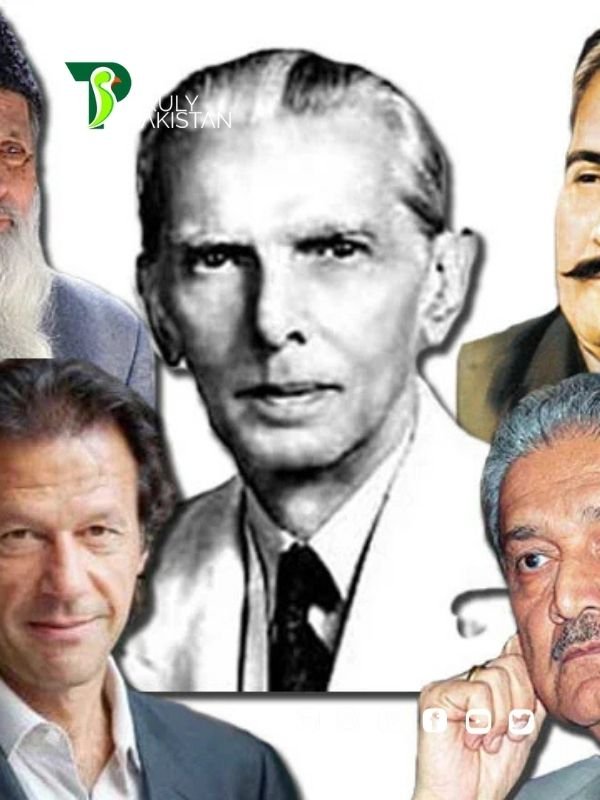
One thought on “Legend Personalities of Pakistan: Icons Who Shaped History”